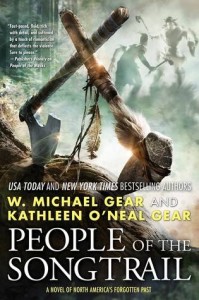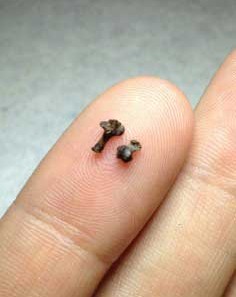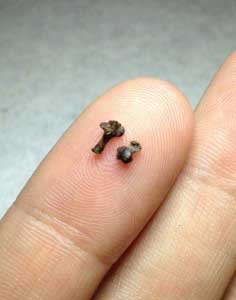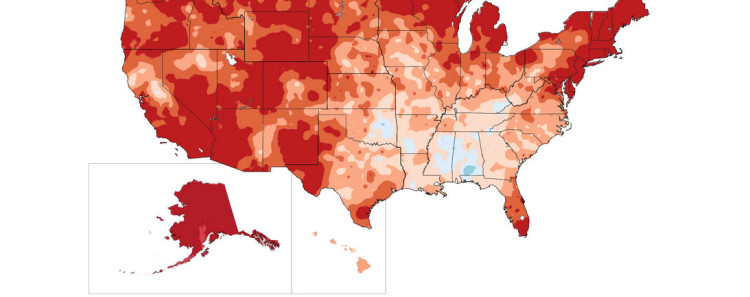Our publisher is giving away 15 free copies of PEOPLE OF THE SONGTRAIL. Don’t forget to register at Goodreads.com for a chance to win!
 https://www.goodreads.com/giveaway/enter_choose_address/127899-people-of-the-songtrail
https://www.goodreads.com/giveaway/enter_choose_address/127899-people-of-the-songtrail
Our publisher is giving away 15 free copies of PEOPLE OF THE SONGTRAIL. Don’t forget to register at Goodreads.com for a chance to win!
 https://www.goodreads.com/giveaway/enter_choose_address/127899-people-of-the-songtrail
https://www.goodreads.com/giveaway/enter_choose_address/127899-people-of-the-songtrail
Fort Ancient culture was a mound building culture and heavily reliant on maize agriculture, but were they “Mississippian” (People of the Morning Star) or a separate mound building culture descended from Hopewell (People of the Lakes)? We think they came directly out of Hopewell, but interacted with Mississippian peoples. What do you think?

 Such tiny bones for such an amazing discovery!
Such tiny bones for such an amazing discovery!
Our oldest #evolutionary ancestor was no bigger than a shrew and built for climbing through trees. The bones of this tiny creature were found in Montana at a place called Purgatory Hill, therefore this early primate is named Purgatorius, and dates to 65 million years ago.
Read more at:  http://westerndigs.org/bones-discovered-in-montana-are-of-the-worlds-earliest-primate-study-finds/
http://westerndigs.org/bones-discovered-in-montana-are-of-the-worlds-earliest-primate-study-finds/

Interesting how these two maps correlate, isn’t it? Even in areas where the drought is having dire impacts, people are skeptical of climate change. Frankly, it’s starting to look a lot like the Medieval Warm Period to us. Is all of this caused by human beings? Doubtful. In our opinions. Though 7 billion humans are certainly contributing to the problem. Climatic episodes like this tend to last for an average of around 500 years.
Here’s a list of climatic episodes we find documented in the archaeology record over the past 1,800 years.
AD 200-400 warm
AD 400-800 cold
AD 900-1200 warm
AD 1300-1850 cold: Little Ice Age
AD 1850- ? Maybe around AD 2300 warm
For those interested in reading more about this subject, we recommend:
THE GREAT WARMING, by Brian Fagan
THE LITTLE ICE AGE, by Brian Fagan
CLIMATE AND CULTURE CHANGE IN NORTH AMERICA AD 900-1600, by William C. Foster

 From an anthropological point of view, these kinds of discussions are always interesting. Here’s the question we ask: How is “Hispanic” defined? Is it based upon the number of distinctly Hispanic genes in a person’s genome? Is it based on culture? If you were raised in Spain, Mexico, or South America and are fluent in the language are you Hispanic? A significant amount of Texas culture is Hispanic. That’s just a fact. Around the year 1836 most Americans and many Mexicans in Texas labeled themselves as Texicans. So…in today’s world, what is Hispanic?
From an anthropological point of view, these kinds of discussions are always interesting. Here’s the question we ask: How is “Hispanic” defined? Is it based upon the number of distinctly Hispanic genes in a person’s genome? Is it based on culture? If you were raised in Spain, Mexico, or South America and are fluent in the language are you Hispanic? A significant amount of Texas culture is Hispanic. That’s just a fact. Around the year 1836 most Americans and many Mexicans in Texas labeled themselves as Texicans. So…in today’s world, what is Hispanic?
What do you think?